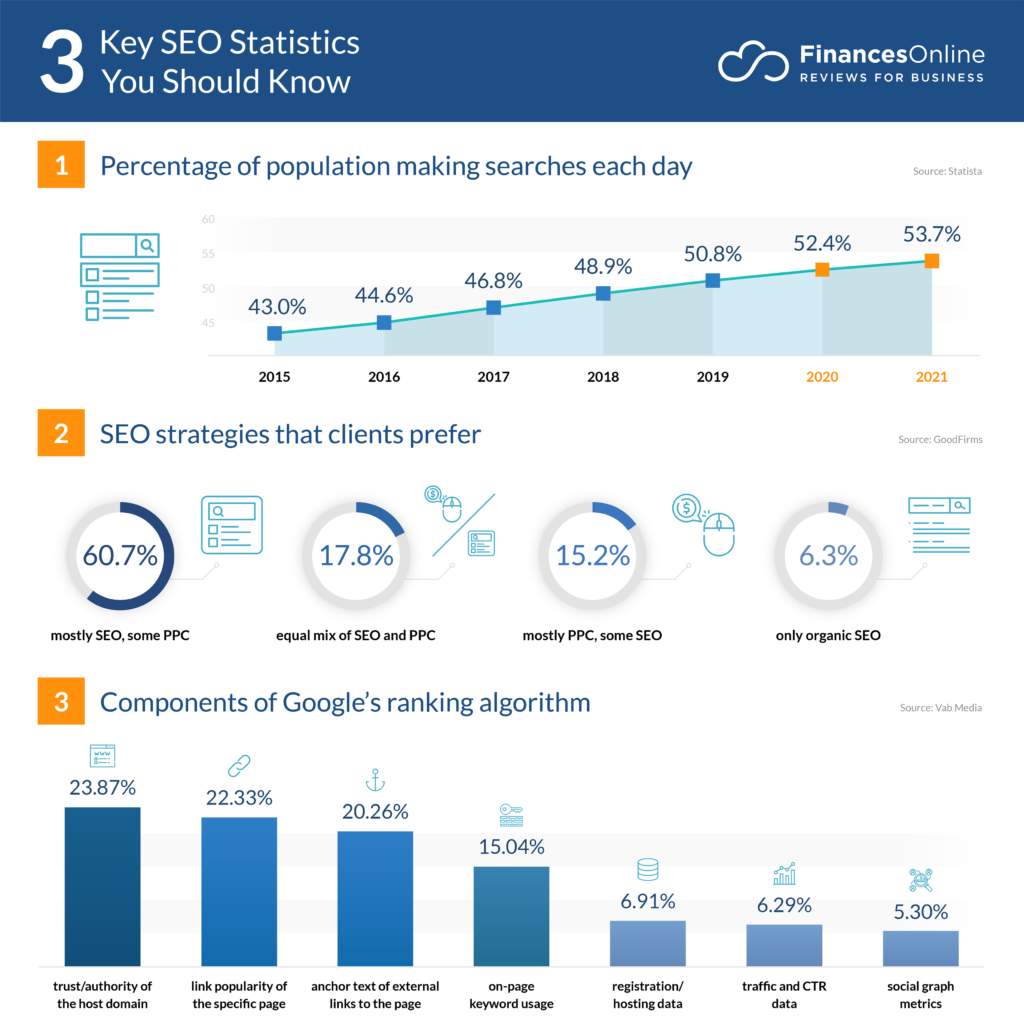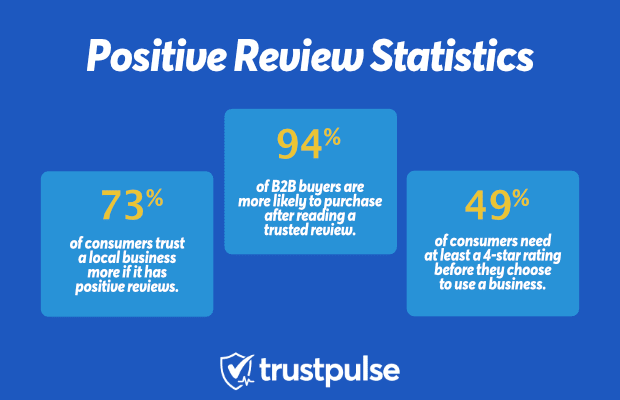A local search engine optimization strategy can be really powerful for online stores. This might sound a little strange at first. After all, surely the whole point of having an eCommerce website is to be able to reach people all over the world?
However, local SEO tips can and should be leveraged by online store owners for maximum effect.
What is local SEO?
Local SEO is a targeted digital marketing strategy. It helps brands to reach a larger audience and become as visible as possible.
It’s vital for helping customers to find you. You might have invested in the best live chat software, but it is of little use if no one is visiting your website.
A good local SEO strategy can affect the visibility of website pages in organic (natural) web search engine page results.
Why does it matter?
It’s so important for your website to rank well in local search pages. When modern consumers search for products or services using a mobile device or computer, they usually input a location or location-related words like ‘near me’. 46% of all searches on Google are seeking local information.
Once this happens, the search becomes localized to a specific area. Web search engines use the searcher’s exact location and interests to show them personalized results. This means your online business needs to be proactive in the arena of local SEO to attract nearby customers.
This strategy can help your website to rank better for competitive keywords and appear higher on results pages.
How do you create a local SEO strategy?
Creating an effective local SEO strategy isn’t as hard as it sounds. We’ll walk you through the steps below, but basically, it’s about claiming your Google My Business profile, building local citations, working on online optimization, gaining online reviews, and using local SEO tools.
Our top local SEO tips
Read on to discover our simple top tips for exploiting local SEO for your online store. These will help to set you up for SEO success.
1. Set up and optimize Google My Business
The first step to take in exploiting local SEO is to claim your Google My Business (GMB) listing. GMB is Google’s platform to power business listings. It gives businesses the opportunity to show in local searches, appear in different results (such as Google Maps and the information panel), and choose how their information is displayed.
GMB brings a whole host of benefits to local businesses, allowing potential customers to find information quickly and easily. It’s completely free and can be set up by visiting GMB’s ‘create’ page. For best effect, you will need to make sure every page of your website displays your information in exactly the same way as your local GMB listing.
2. Build local citations
Local citations, otherwise known as listings, are also really important for local SEO. They’re basically backlinks from other local websites. Online directories are a free and powerful way to advertise your eCommerce business and can really help with this.
Remember, as above, to ensure that the name, address, and phone number details for your business are identical to those included in your GMB listing.
Other examples of local citations are news outlets, magazines, and local media.
3. Onsite optimization
You will also need to work on optimizing your website for local searches. Google Analytics can help you to understand your website visitors. Basic keyword research is needed and then optimized keywords for local search should appear in:
- URLs
- Page titles
- Headline tags
- Content
- Meta descriptions
4. Get as many online reviews as possible
Online reviews are an essential part of having a high click-through rate and showing up on search engine results pages. Good reviews will really encourage potential customers to do business with you.
You can encourage your current customers to leave reviews by adding links to your website and company email signatures, as well as sending out specific e-shots or flyers explaining how to leave a Google review.
As well as encouraging people to leave reviews, you need to ensure that you maintain a good reputation online. This means you will have to deal with negative reviews in a positive manner and engage with customers to swiftly resolve any problems.
5. Improve your local content strategy
Don’t forget the importance of good quality content here. It’s important to publish content that will be relevant to your local audience. For example, you could promote local events or discuss local industry news. Earning local links really matters, so why not try writing a press release for your local media outlet?
6. Use local SEO tools
Local SEO tools can help to increase your online traffic and site revenue through reliable data. For example, the Oncrawl SEO Crawler can analyze your website like Google does, providing valuable insights. This handy tool allows you to:
- Audit your content writing efforts
- Monitor your site’s performance
- Discover duplicate content
- Improve internal links and architecture
[Case Study] How business-oriented SEO increases traffic and conversions
Growing your local SEO knowledge can make a big difference
By following our local SEO tips, we hope you can make a great start in establishing a strategy for your online store. Obviously, SEO is a technical subject that you may wish to explore in more depth. There are many helpful articles available to increase your knowledge. For example, this informative piece about how subdomains can impact your SEO performance.
SEO can sometimes be a long game to play, but if you implement all the right changes and strategies, they will soon begin to pay off. Local SEO is definitely one area you can’t afford to neglect when it comes to attracting new customers and increasing the visibility of your eCommerce business.



